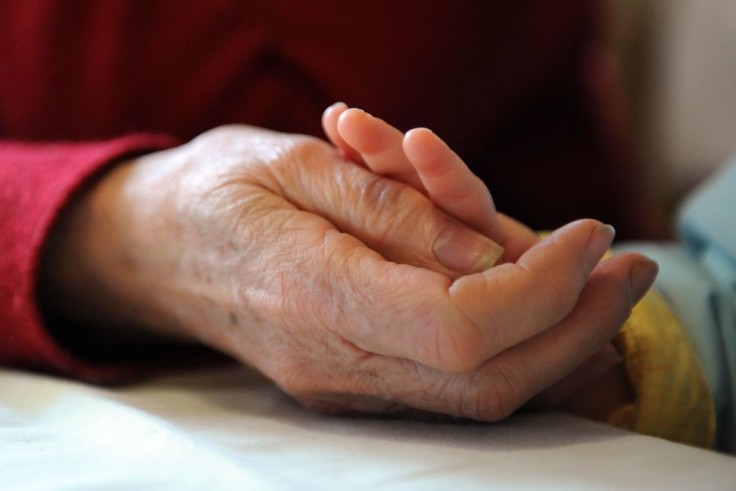
A two-year-old is helping his great-grandfather in his fight against Parkinson's disease, giving help step by step.
Two-Year-Old Helps Great-Grandfather Cope Parkinson's Disease
Taryn Watson currently shared on social media how her son, TJ, supports his great-grandfather, Philip Thompson, who has been coping with Parkinson's since 2013. The neurological disorder, which gets worse over time, influences movement, making simple tasks difficult.
Despite the absence of a cure, continuous study and medications like treatments or surgery can essentially lessen manifestations, as declared by the National Institute of Neurological Disorders and Stroke.
In a heartwarming video shared by Watson, TJ is depicted assisting Thompson outdoors, holding his hand and showering him with affection.
Watson expressed the impact of Thompson's diagnosis on their family, particularly noting his absence during outdoor activities, which he used to enjoy. Despite the challenges, the family has united to support Thompson, with Watson's brother also playing a significant role by engaging him in activities like archery and boxing.
TJ, emulating his mother and uncle, has also taken on the role of assisting his great-grandfather, showing compassion beyond his years through gestures like holding his hand during walks or offering encouraging hugs.
Watson believes this displays TJ's remarkable compassion and underscores the family's unity in supporting their beloved patriarch.
Training Center for Seven Boxers Fighting Parkinson's Disease
The Norma and Tom Schmoker Center at Friendship Haven in Fort Dodge serves as a community space for residents. Twice a week, it transforms into a training center for seven boxers fighting Parkinson's disease.
"I want to help slow down Parkinson's," said Gary Klaassen of Pomeroy.
Although the group is mostly male-dominated, Kathy 'South-Paw' Johnson, also known as "mom", stands out. "I can't hit dad," she jokes as her husband helps her with her gloves, showcasing her unyielding sense of humor.
Read Also : Second Recipient of Genetically Modified Pig Kidney Returns to Dialysis After Organ Begins to Fail
To understand Johnson's journey with Parkinson's, it's essential to look back before the disease significantly impacted her. She loved painting and singing at church, and even in the early stages of her diagnosis, her grandkids struggled to keep up with her.
Over time, however, the disease has taken its toll. Instead of lamenting her losses, she focuses on maintaining her abilities. "I have the personality of a person that goes for what I can do," Johnson said.
Parkinson's Patients Weekly Gatherings
Rock Steady Boxing aids Parkinson's patients by incorporating non-contact cognitive tasks along with physical exercises. The goal is to improve confidence, reduce symptoms, and enhance movement efficiency regardless of the disease stage.
"I want my body to be in better shape and my mind to be more active so they can cooperate," Klaassen said.
Led by Kourtney Lenz, who was certified to teach the program, the group meets twice a week for an hour. This certification was facilitated by researchers like Dr. Lynn Struck, Medical Director for the American Parkinson's Disease Association.
"We aimed to bring the program to communities where patients showed interest," Dr. Struck said. "It's vital to provide accessible options as traveling long distances for exercise isn't feasible for many."
After years of long drives to appointments, caregivers like my dad, Craig Johnson, are thankful for local options. "When I heard this was available in Fort Dodge, I jumped at the chance," he said.
Dr. Struck noted the growing need for accessible therapy as the number of Parkinson's patients is expected to double within the next decade.
The Rock Steady Boxing participants have also found unexpected camaraderie. "We're becoming a family, and that's the biggest reason I come," Klaassen said.
Johnson added, "It's nice to come to a place with all this positive energy," acknowledging her occasional struggles with depression.
Related Article: US FDA Recommends Approval of Guardant Health's Blood Test for Detecting Colon and Rectal Cancer